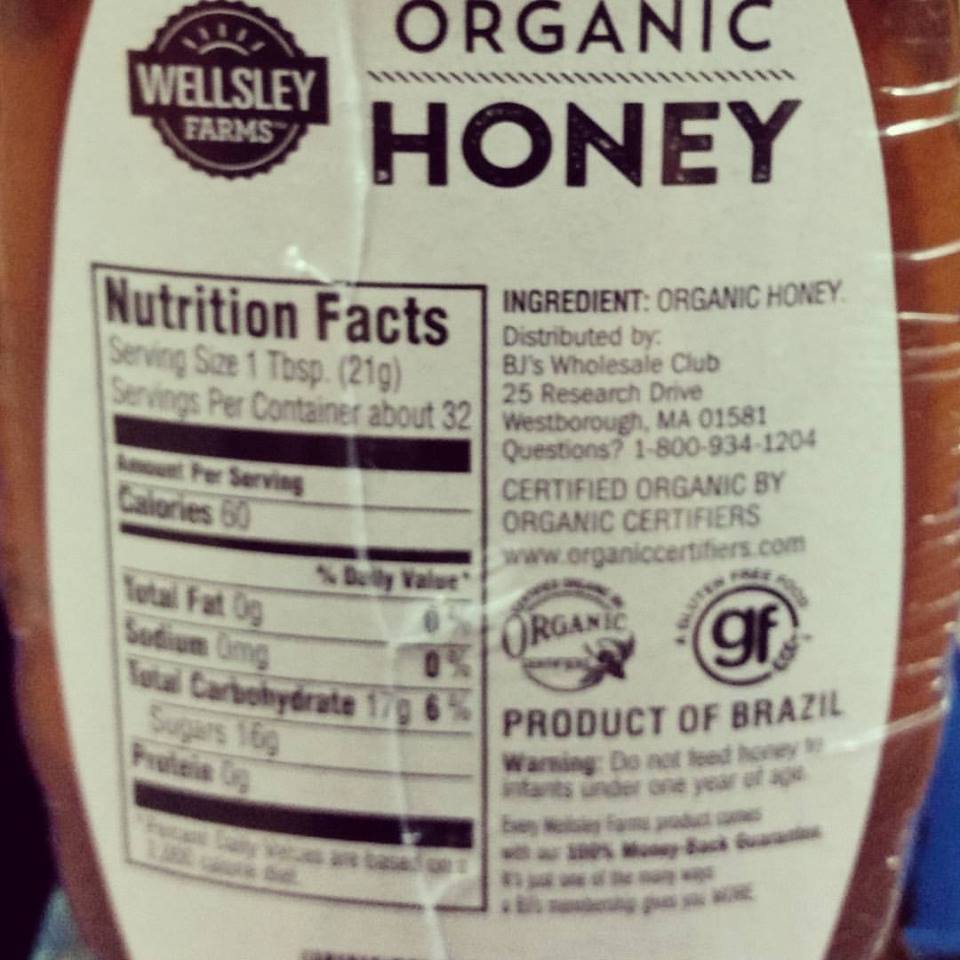We Know What’s Killing The Bees!
Over the last decade, numerous studies about the toxic effect of neonicotinoid pesticides have been independently conducted by respected scientists. The research has been peer reviewed and published. There is no bias. However, the pesticide industry has retaliated by launching a multi-million dollar public relations campaign in order to convince people that their neonicotinoid pesticides are not responsible for the global decline of our honeybee population as well as numerous other pollinators. The scientific proof they consistently refer to has been produced by their own scientists who are on their payroll. In fact, there are people who work as beekeepers, journalists and bee advocates that have been financially linked to industry.

Pollinators are an indicator species. When they are exposed to harmful chemicals in the environment, inevitably, the consequences for humans will be severe. Basically, what happens to them will inevitably happen to us! That is why global bee losses should be of paramount concern to our elected officials and the EPA.
Basic Facts About Neonicotinoids
What Are Neonicotinoids?
Neonicotinoid pesticides are the most widely used insecticides on the market. They are also used in pet care products as well as home and garden products. Neonicotinoids have been scientifically proven to be more toxic than DDT. Although DDT has been banned since 1972, neonicotinoids remain on the market.

How Are They Applied?
They are applied as a foliar application or as a seed treatment.
What Do They Do?
Neonicotinoids are systemic pesticides. They have a common mode of action that affects the central nervous system of insects. They bind to receptors of the enzyme nicotinic acetylcholine, causing excitation of the nerves, leading to eventual paralysis and death.The chemicals are absorbed by the plant’s vascular system. Honeybees will become exposed when they collect the pollen or water.
Sub-lethal effects:
According to Dr. Henk Tennekes, neonicotinoids are mobile in ground water. The damage they cause is cumulative in nature and irreparable. These chemicals are mobile in ground water and can have a half-life of up to 19 years!

5 Ways To Help Pollinators
1.Always buy local honey from your local beekeepers.
If you don’t know one, contact your local beekeeping club. Here is a bottle of imported honey from Brazil, which is a country known for its love of pesticides. When you get to know your local beekeepers, you can better understand how bees live and where they foraged. When you buy something that is imported, you really have no guarantee what conditions the bees were subjected to or whether or not the honey was blended.

2. Do not buy or use any garden chemicals or indoor chemicals that contain neonicotinoid pesticides. Here is a short list to avoid:
Imidacloprid: Bayer Advanced 3-in-1 Insect, Disease, & Mite Control Bayer Advanced 12 Month Tree & Shrub Insect Control
Clothianidin: Bayer Advanced All-in-one Rose & Flower Care Granules Green Light Grub Control With Arena
Thiamethoxam: Amdro Quick Kill Lawn & Landscape Insect Killer Amdro Rose & Flower Care
Acetamiprid: Ortho Bug B Gon Garden Insect Killer Ortho Bug B Gon For Lawns
Dinotefuran: Green Light Tree & Shrub Insect Control With Safari 2 G Safari
3. Do not buy plants, bulbs, trees or shrubs that have been treated with neonicotinoids.

Unsuspecting gardeners buy bulbs that are treated with neonicotinoids.
4. Write, call, tweet and contact the elected officials in your area to let them know that you want neonicotinoids banned!

5. Educate your friends, family, neighbors and colleagues about how the toxic impact of neonicotinoids.

